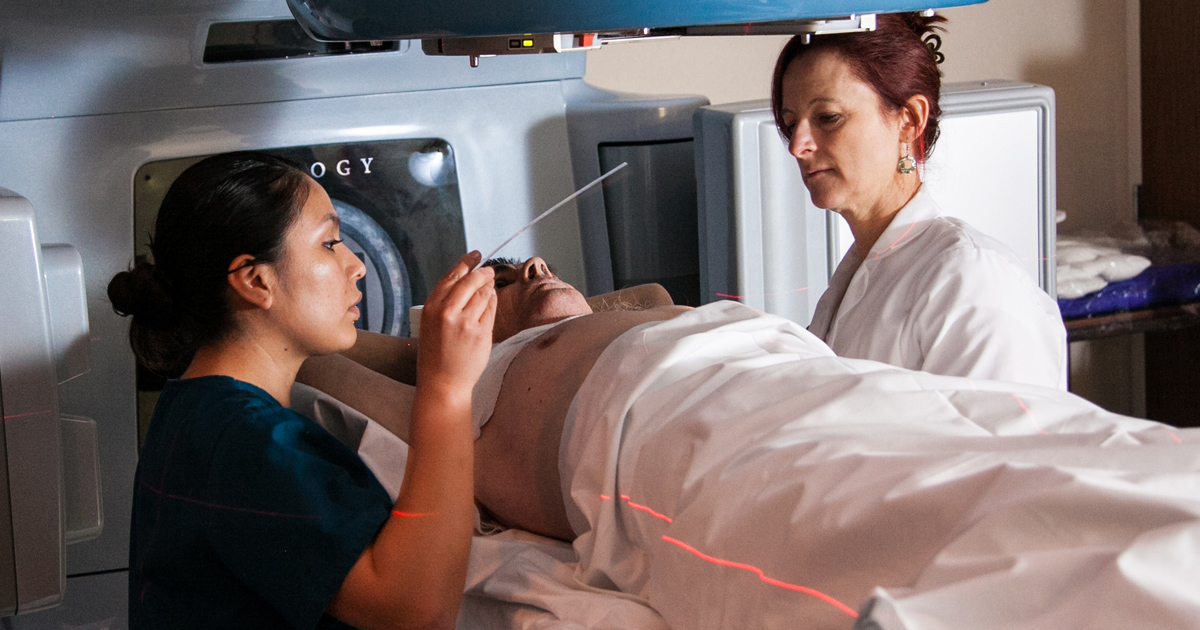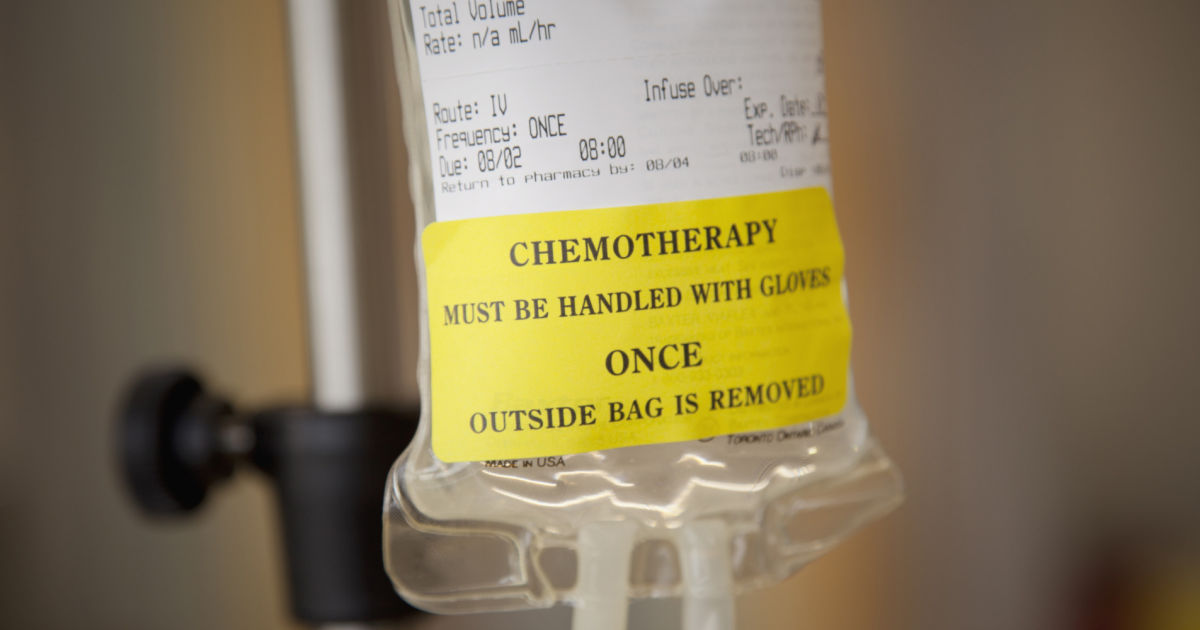How To Treat Bladder Cancer Effectively
Bladder cancer is a malignancy that occurs in the muscular, hollow organ that holds urine until it is expelled from the body. Bladder cancer happens when the bladder cells incur damage to the part of their DNA that dictates cellular growth, replication, and apoptosis. Tobacco use, chemical exposure, radiation exposure, chronic bladder lining irritation, and parasitic infections can all cause bladder cancer to develop. An individual affected by bladder cancer can experience symptoms of pelvic pain, hematuria, frequent urination, and back pain. There are a few classifications of bladder cancer. Urothelial carcinoma happens in the cells that form the bladder lining that stretches when filling with urine. Squamous cell carcinoma often occurs as a result of chronic bladder irritation. Adenocarcinoma develops in mucus-secreting bladder gland cells. Bladder cancer may be diagnosed with biopsy, cystoscopy, urine cytology, x-rays, and CT urogram.
Radiation Therapy

Bladder cancer in an affected individual may be treated through the use of radiation therapy. Radiation therapy utilizes rays of high energy that cause irreversible damage to malignant cells. This damage inhibits the cancerous cells from growing and multiplying further. The malignancy has to be contained within a localized region for radiation therapy to be effective in treating bladder cancer. Radiation therapy may be delivered externally or internally. Internal radiation therapy is performed by implanting a nominal quantity of radioactive material in the body close to the malignancy. External radiation therapy utilizes a machine called a linear accelerator that produces beams of high energy radiation. The machine is located outside of the patient's body and delivers the high energy rays through the skin to the cancerous area. The most common use of radiation therapy in bladder cancer patients occurs alongside chemotherapy as primary stage II or III bladder cancer treatment. In cases where the patient is unable to undergo surgical excision of cancer, radiation therapy may be used as a primary treatment method. Radiation therapy may be geared toward treating painful symptoms of bladder cancer rather than curing it in some patients.
Chemotherapy

An individual who has bladder cancer may be treated with methods involving the use of chemotherapy drugs. Chemotherapy for bladder cancer can be performed as intravesical chemotherapy, or as systemic chemotherapy. Chemotherapy may also be used in combination with surgery, before or following the procedure. Chemotherapy drugs work by targeting and destroying any cells in the process of reproduction or cell division. Since cancerous cells multiply rapidly and uncontrollably, chemotherapy can be highly effective to eradicate them from the patient's body. However, this type of treatment not only targets cancerous cells in any stage of the cell division process but healthy cells also undergoing cell division. Systemic chemotherapy or chemotherapy administered to the entire body can be useful in treating cases of bladder cancer that are not eligible for surgical cancer removal. Systemic chemotherapy is also used in cases where the patient has a total bladder removal to ensure all cancerous cells are destroyed. Intravesical chemotherapy works by placing the chemotherapy drugs directly into the bladder with a catheter. This method can be used because the bladder is a hollow organ, allowing for minimal damage to neighboring tissues from the chemotherapy drugs. Intravesical chemotherapy is used in cases where cancer has not spread past the bladder lining but are at an elevated risk of progression or recurrence.
